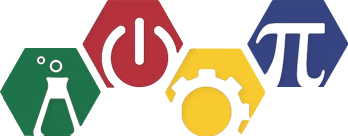Supporting Students and Teachers with Testing and Debugging in the Context of Computational Systems Modeling
Students increasingly need proficiency in computational thinking (CT), systems thinking (ST), and computational modeling to make sense of our interconnected and algorithm-driven world. Testing and debugging are one aspect of computational modeling that can support students with CT, and ST, and modeling is testing and debugging. Testing and debugging enable students to analyze and interpret model output to identify aspects that need improvement. Students can subsequently revise their own models or provide meaningful feedback to their peers. Testing and debugging have long been recognized as a key learning goals in both science education and computer science. However, current evidence suggests that students have limited opportunities to engage in testing and debugging in K-12 science classrooms. Additionally, both curricular and teacher support for testing and debugging remains understudied.
As such, I set out to investigate how students test and debug computational models within a supportive learning environment and how two teachers supported students with testing and debugging in the context of a high school chemistry unit. Through this research, I developed the ST and CT Identification Tool to categorize student testing and debugging behaviors during computational modeling. In this tool, I identified that students implemented various patterns of testing and debugging during computational modeling. His suggests that teachers and curricular designers should embrace a diversity of testing and debugging pathways when supporting students with testing and debugging. Similarly, my analysis of pedagogical strategies provides evidence that using synergistic scaffolding and presenting students with clear rationales for engaging with different aspects of testing and debugging encourages students to utilize testing and debugging to improve their computational models.
To join via Zoom, please register here


